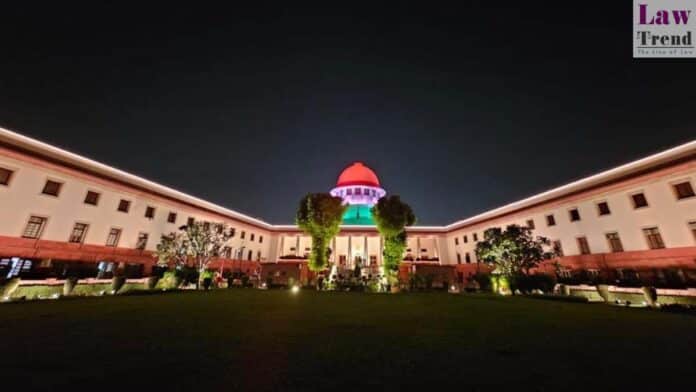The Supreme Court of India on Friday remitted an election petition back to the High Court of Orissa, directing it to re-examine whether defects in an affidavit alleging ‘corrupt practices’ were curable and if the principle of ‘substantial compliance’ under the Representation of the People Act, 1951, had been met. The bench, comprising Justice Surya
To Read More Please Subscribe to VIP Membership for Unlimited Access to All the Articles, Download Available Copies of Judgments/Order, Acess to Central/State Bare Acts, Advertisement Free Content, Access to More than 4000 Legal Drafts( Readymade Editable Formats of Suits, Petitions, Writs, Legal Notices, Divorce Petitions, 138 Notices, Bail Applications etc.) in Hindi and English.




